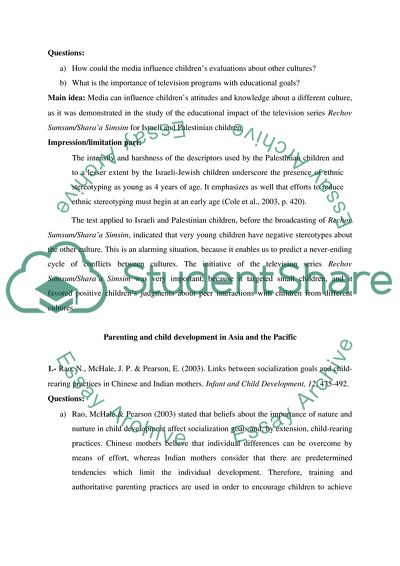Cite this document
(“Parenting and child development Essay Example | Topics and Well Written Essays - 1500 words”, n.d.)
Retrieved from https://studentshare.org/nursing/1539189-parenting-and-child-development
Retrieved from https://studentshare.org/nursing/1539189-parenting-and-child-development
(Parenting and Child Development Essay Example | Topics and Well Written Essays - 1500 Words)
https://studentshare.org/nursing/1539189-parenting-and-child-development.
https://studentshare.org/nursing/1539189-parenting-and-child-development.
“Parenting and Child Development Essay Example | Topics and Well Written Essays - 1500 Words”, n.d. https://studentshare.org/nursing/1539189-parenting-and-child-development.


